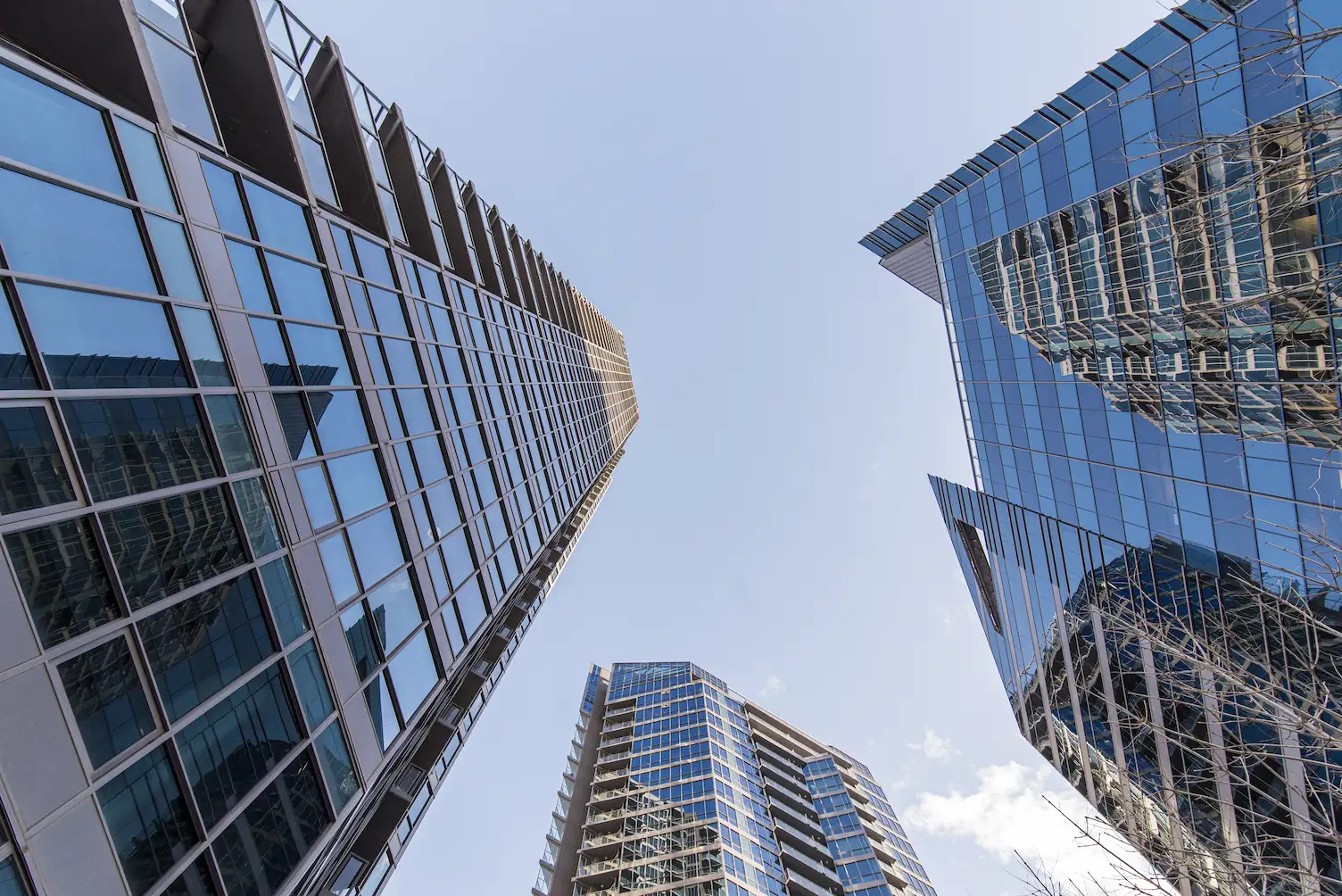Companies will have to aspire to adopt a new, more collaborative and flexible work culture or they will have to face the great resignation as is the case in the United States

In recent months, the pandemic has pushed millions of people into a new work culture. This has caused changes not only in work schedules but also in the personal commitments of citizens.
And it is that now they have new needs and expectations of their working life. Many are the people who have had the time to reassess their career. Or, they have realized that they were not satisfied with the way their companies have managed the pandemic. They felt disconnected, they lost the sense of collaborations and social connections.
According to a Yonder Consulting survey, half of Spaniards feel trapped in their jobs due to economic uncertainty. 27% of the active population surveyed affirm that they will look for a new job in the next twelve months. Of which 80% say they will look for a new job, regardless of whether the pandemic situation ends or not.
This new scenario means that companies have to be prepared to face the important expenses related to the potential turnover of their employees.
The question for organizations of all sizes is: How do you attract and retain talent?
Making workspaces more flexible to achieve greater employee engagement through organizational change
Contributing to the well-being and retention of employees is a challenge that all companies face in this new work culture. The time has come to design a flexible, hybrid and positive future of work to respond to the new needs of employees.
Some companies have already opted for “zoning” spaces (reserving certain spaces for a particular function) or have developed spaces with shared desks. The main idea is to rethink workspaces to transform them into places of exchange, collaboration and creativity.
Decisions made now could affect everything. From company culture to talent acquisition in the years to come.
Counting on the support of the collaborators when it comes to personalizing the workspaces
Create collaborative spaces within the offices taking into account the opinion of the employees. Since they have to feel identified with the work space and with the company's mission.
Implementing an effective reservation system
This responsibility implies the adoption of a digital solution. That allows all employees to plan their visit to the office in an easy and transparent way.
From a reservation of the necessary workstation and meeting spaces. But also visibility on the arrival of colleagues and the occupancy rate of the different spaces.
The new work culture: the way to the future
Preparing the future of work where HR plays an important role is essential for the success of each organization. Developing strong employee engagement is the new normal in this new work culture. It's about making sure that employees feel valued and develop a sense of belonging with your company.
Organizations will have to accept the new normal or face a big resignation. Whether your workforce is fully remote, in-office, or chose a hybrid model, it's important to focus on employee engagement, retention, and well-being.
And perhaps consider introducing a new employee evaluation. In order to help take care of not only the workforce, but also its collaboration and its final result.





